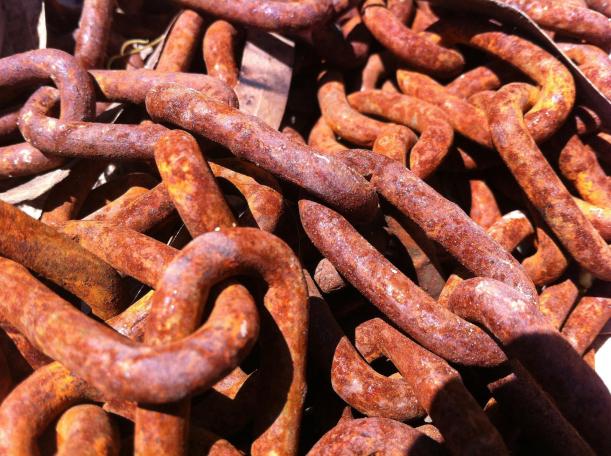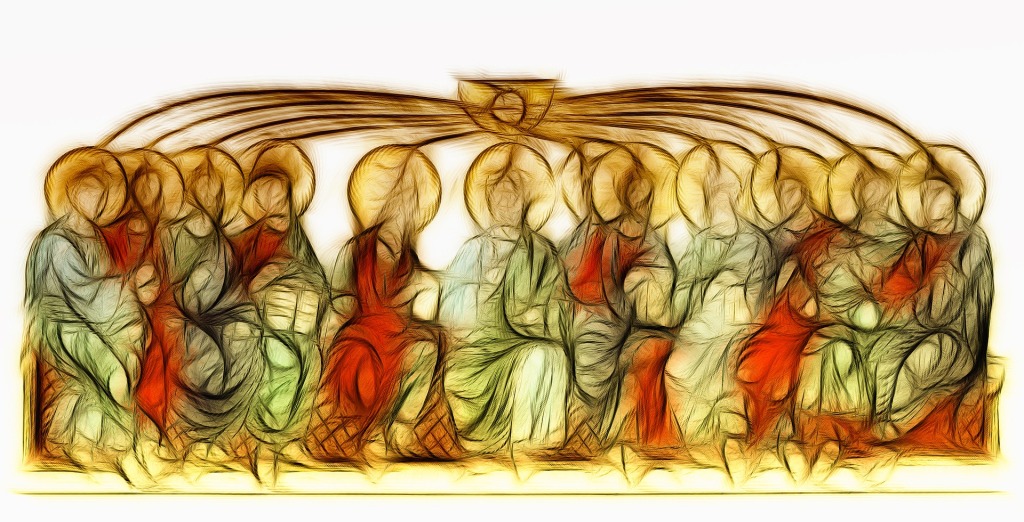Reading: Isaiah 9:1-4
Isaiah 9:4 – “You’ve shattered the yoke that burdened them.”

The first section of Isaiah speaks of God’s sovereignty and calls the people away from sin. Running throughout chapters 1-39 are words that speak of the consequences of sinful living. The defeat and time in exile feel like a train barreling down the tracks – swift and unavoidable. Here and there, though, we find words of future hope sprinkled in amongst the doom and gloom. This mirrors Israel’s political history. Ever since the time of King David, a string of evil and bag kings is halted by a good and righteous king. After a short time, the evil and bad king run begins again. This promise of “a great light” would raise up hope for a good and righteous king to once again restore Israel.
The hope of being a great nation, of again experiencing joy in the land, of seeing abundance in the harvest – these words sound wonderful to a people headed into a time of suffering and exile. These words tell the people that this coming hard time will not last forever. To be honest, I often feel like Israel must’ve felt. I need to hear these words and to believe that our current darkness will not last forever. I need hope stirred up in me – that the poor will be fed and clothed and sheltered, that the marginalized will be welcomed in, that those living in fear will know peace.
Verse 4 shouts hope to such as these. Here we read, “You’ve shattered the yoke that burdened them.” In Isaiah’s time, the system was broken. A good king could only undo so much evil before the darkness rise up anew. Today, much feels broken. Many systems need to be changed, to be made anew. We need the light of Christ to guide our way to being a more just land. Oppressing and arresting and abusing vast swaths of certain ethnic groups is not the way to fix a broken system. There is not a simple or easy solution. But if we choose to be light in the darkness and if we allow the light of Christ to guide our way, then we will find a just and right solution. May your light shine in and through us, O Lord, bringing hope and peace, justice and grace to our land. May it be so, O God. May it be so.
Prayer: Lord God, the rod of the oppressor is heavy on the backs of the vulnerable. The fear of unjust actions is running high in many places. There is a cleansing that needs to occur, a revision that must happen. Lord, let your light guide us to establishing a more just world. Guide us with peace, compassion, and empathy as we work our way to the world you envision. Amen.









